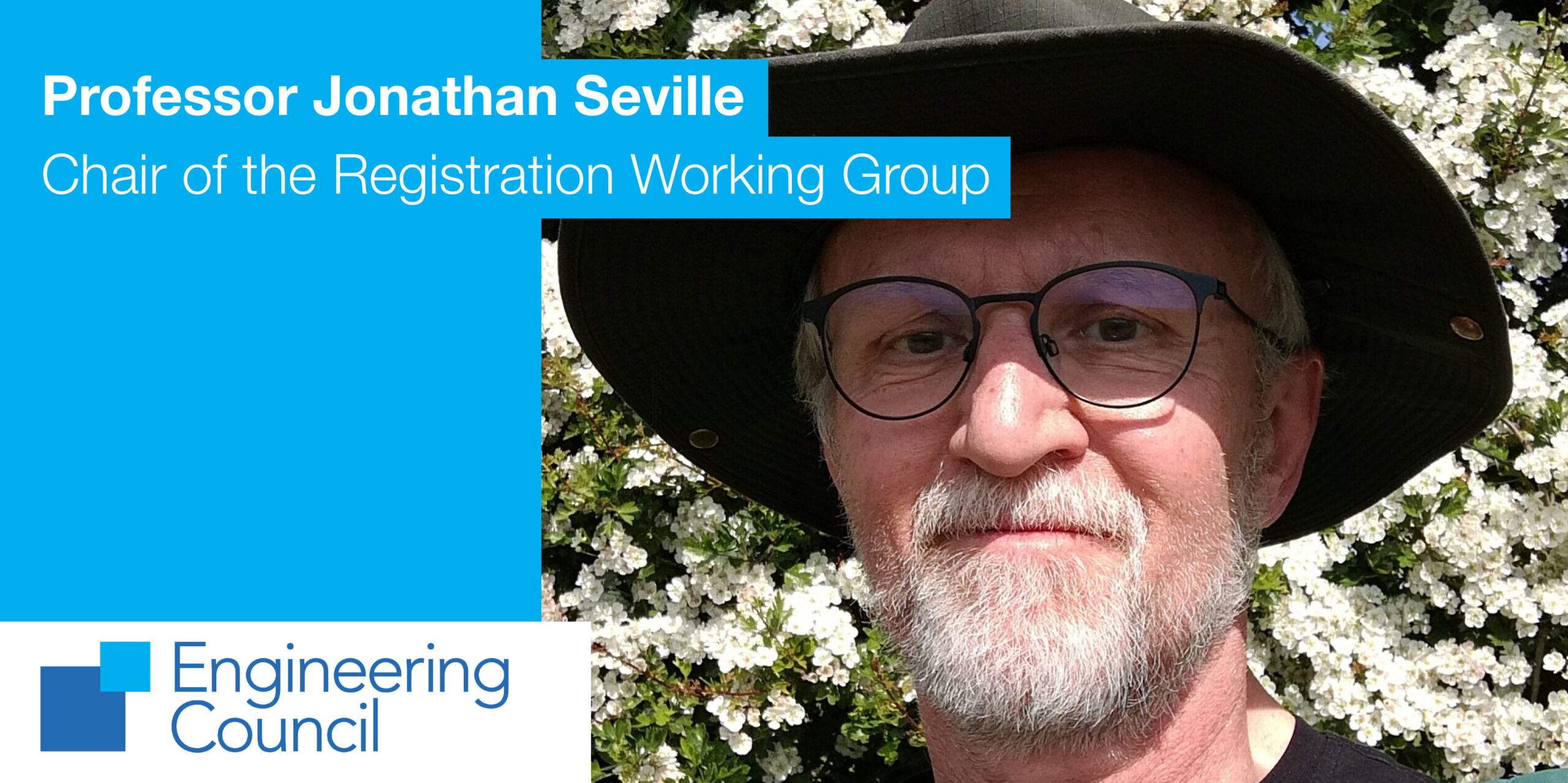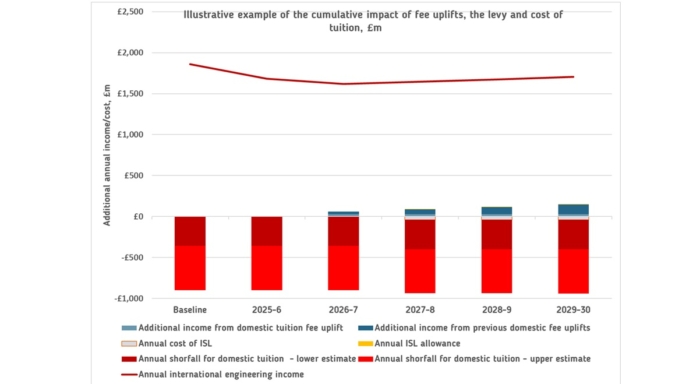In this guest post by Prof Jonathan Seville, he invites you to engage in a discussion about the professionalism of engineers and how it might best be protected in future.
As we know, engineering isn’t just a job. It’s a profession, which carries with it the ideas of adherence to good practice and ethical standards – in other words, competence + commitment. Engineers can demonstrate both competence and commitment by becoming professionally registered. It is obviously in the public interest that they do and in their own interest too because, on average, registration correlates with higher earnings.
So why is only a fraction of the population of engineers registered – estimates vary between about 12% and 3% – and what can be done to address this?
Are the available forms of registration – CEng, IEng, EngTech, ICT Tech – too limited?
Are they too difficult or too complex to attain?
Are they insufficiently well marketed to potential registrants or insufficiently relevant to today’s industrial landscape?
To explore these questions, the Engineering Council has established a small group, which is proposing some changes described in this downloadable document.
We’re consulting widely on how attractive and how practical these ideas are, including with that hard-to-reach group: those who might be registered but aren’t.
We need your view as educators of engineers and, in partnership with the EPC, we are hosting a virtual round table on 28th May to share our ideas and get your input.
Everyone is welcome. Register here.
In particular, we’re interested in your views on the following questions:
- Would students, including those on apprenticeship routes, be attracted to making an early pre-registration commitment (a commitment to becoming a professional engineer and abiding by a set of ethical principles)? If so, what form it might take and what role should universities and other educational establishments play?
- If students were aware they could join the register on graduation, might be more inclined to do so? And might they be likely to remain with their professional engineering institution over time rather than dropping off the radar?
- Do graduates want staging posts to full registration?
- How do you and your students view IEng? Is it a title some aspire to? Is it a viable staging post to CEng? Is IEng something different from CEng or it is just a part-qualified CEng?
Please note that this consultation is not seeking views on accreditation or professional registration of academics, both of which are the subject of other Engineering Council investigations. These and other aspects of the Engineering Council’s work will be the topic of a webinar with Paul Bailey, Chief Executive Officer which the EPC is hosting at 10am on Monday 7th July 2025.
Jonathan Seville is Emeritus Professor of Chemical Engineering at the University of Birmingham, having previously been Executive Dean of Engineering and Physical Sciences at the University of Surrey (2011-2016), Dean of Engineering at the University of Warwick (2008-2011) and Head of the Department of Chemical Engineering at the University of Birmingham (1998-2008). He is Past President of the Institution of Chemical Engineers (2016-17) and past chair of the Royal Academy of Engineering Education and Skills Committee (2017-2020) and the Engineering Council Registration Standards Committee (2016-19). He is currently chair of the Registration Working Group.




